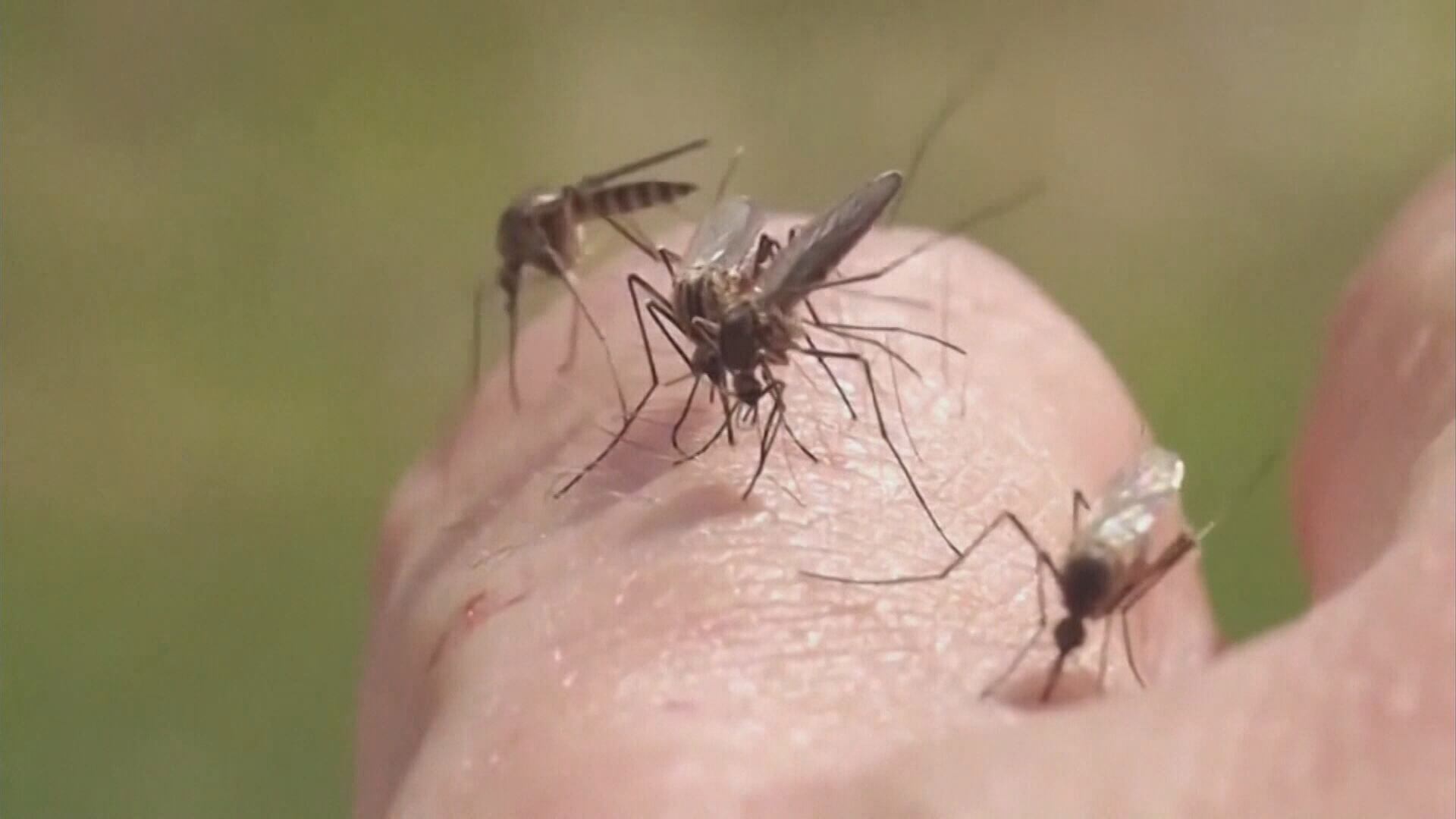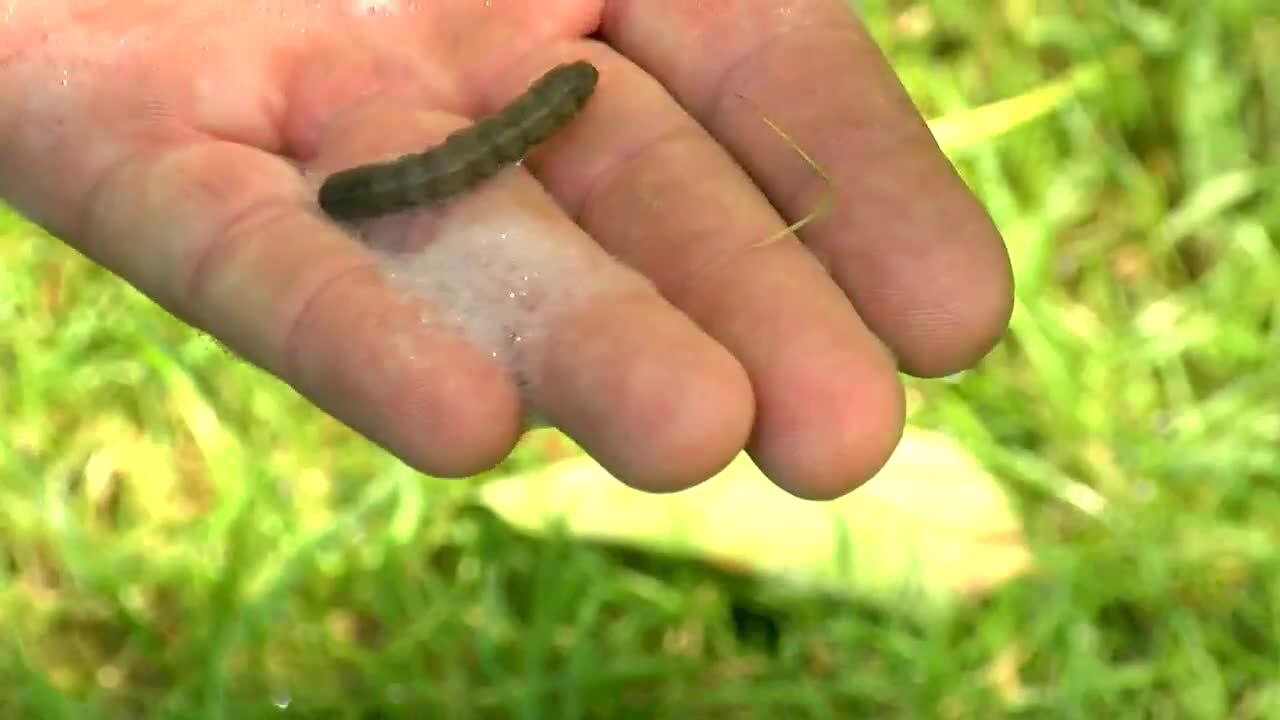Why the little-known Oropouche virus is causing concern
AUGUSTA, Ga. - As if dengue fever aren’t enough, there’s another illness to worry about from insects: Oropouche virus.
And it probably won’t get better, considering the boom in mosquitoes that began with standing water Tropical Storm Debby brought a few weeks ago, creating the perfect breeding condition for the blood-suckers.
Cases of West Nile virus are growing across the state – including in Augusta. Richmond County is the site of one of the six cases of the mosquito-carried illness this season in Georgia.
Avoid the bite, avoid the disease: Key tips
Mosquitoes are more than just a biting nuisance. They, along with ticks, are also vectors for nasty diseases.

Now the little-known Oropouche virus is causing a big concern, prompting the Centers for Disease Control and Prevention to sound the alarm after travel-related cases have been reported in the United States and Europe.
It is a disease spread by insect bites, especially from biting midges, a tiny type of fly, and some mosquitoes.
More than 8,000 cases of Oropouche virus have been reported this year, as of Aug. 1.
Most cases have been in South America but infections are spreading to other countries where it has never been.
At least 21 U.S. travelers returning from Cuba have tested positive for the virus.
Armyworm invasion: What homeowners need to know in the CSRA
Fall armyworms have started to make an appearance across Georgia and South Carolina – and they can destroy your yard.

“The illness can make you very sick within seven days,” said Dr. Lyssette Cardona with the Cleveland Clinic.
Cardona said symptoms include an abrupt fever, severe headache and muscle and t aches. In rare cases, the disease can infect the nervous system and cause meningitis and encephalitis.
“Luckily, most people can recover from the illness, although it can come back a few days later,” she said.
“Most of the cases in the U.S. have been imported from travel overseas, but due to the recent cases in Cuba, we remain very vigilant,” Cardona said.
The CDC said there is currently no evidence of local transmission of the Oropouche virus in the U.S.
But biting midge species on both sides of the country could potentially carry the Oropouche virus.
All about mosquitoes
Here’s what the experts at the Centers for Disease Control and Prevention say about the pests:
Mosquito bite signs
- A puffy and reddish bump appearing a few minutes after the bite
- A hard, itchy, reddish-brown bump, or multiple bumps appearing a day or so after the bite or bites
- Small blisters instead of hard bumps
- Dark spots that look like bruises
Severe reactions can occur
- In children
- In adults bitten by mosquito species they haven’t been exposed to previously
- In people with immune system disorders
More severe reactions
- A large area of swelling and redness
- Low-grade fever
- Hives
- Swollen lymph nodes
Infected bite
- Do not scratch bites. They can become infected.
- An infected bite may appear red, feel warm, or a red streak may spread outward from the bite.
- See a health care provider if symptoms worsen.
Prevention
- Once a week, empty and scrub, turn over, cover, or throw out any items that hold water like tires, buckets, planters, toys, pools, birdbaths, flowerpot saucers, or trash containers. Mosquitoes lay eggs near water.
- Tightly cover water storage containers (buckets, cisterns, rain barrels) so mosquitoes cannot get inside to lay eggs.
- For containers without lids, use wire mesh with holes smaller than an adult mosquito.
- Fill tree holes to prevent them from filling with water.
- Repair cracks or gaps in your septic tank if you have one. Cover open vent or plumbing pipes. Use wire mesh with holes smaller than an adult mosquito.
- Use larvicides to treat large bodies of water that will not be used for drinking and cannot be covered or dumped out.
- When using larvicides, always follow label instructions.
- Drain and turn over kiddie pools.
- Use an outdoor adulticide to kill adult mosquitoes in areas where they rest.
- Mosquitoes rest in dark, humid areas like under patio furniture or under the carport or garage.
- When using adulticides, always follow label instructions.
- Install or repair and use window and door screens.
- Close doors, including garage doors. Do not leave doors propped open.
- Use air conditioning when possible.
CNN contributed to this report
Copyright 2024 WRDW/WAGT. All rights reserved.















